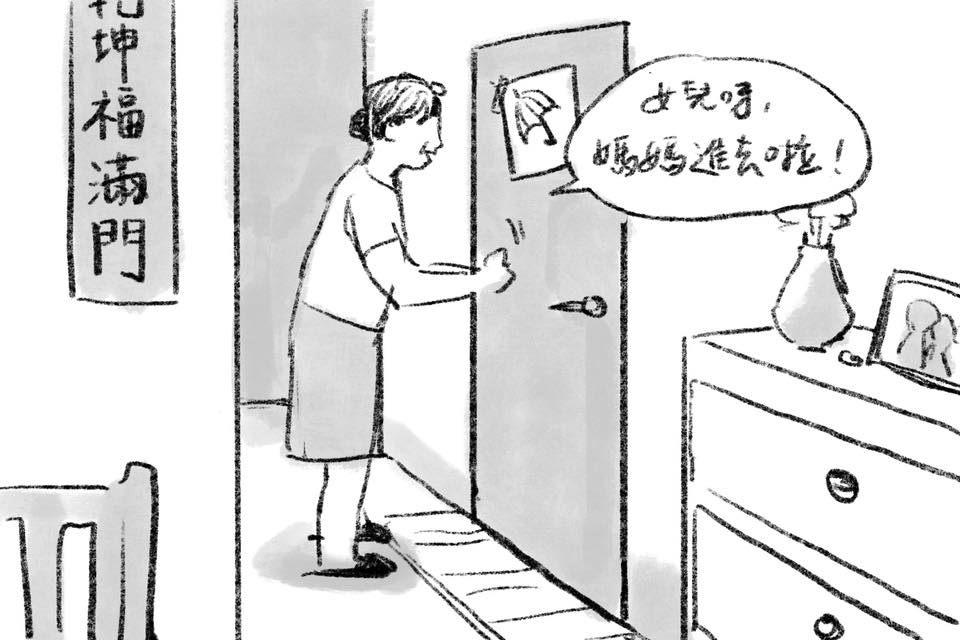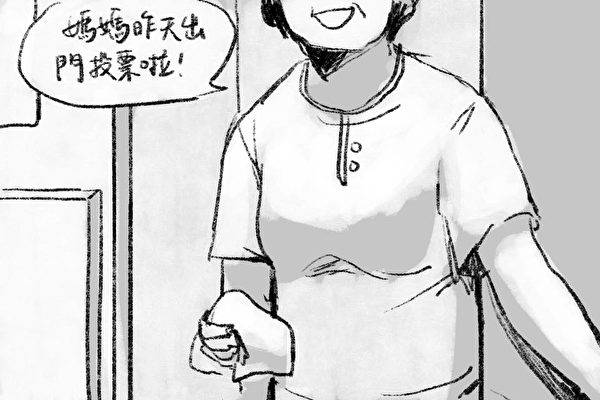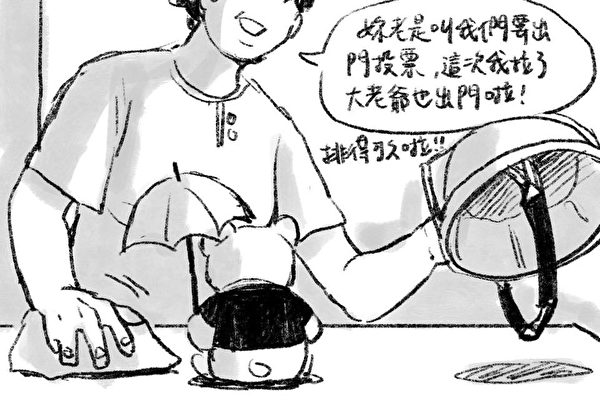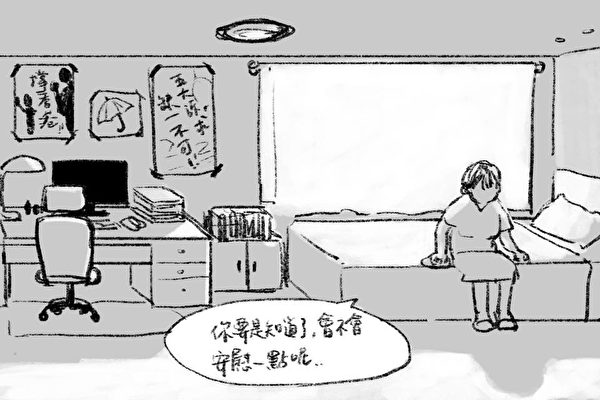Deutsche Welle Chinese Edition recently reported that Josef Bednarski, Member of the Supervisory Board and Employee Representative of Deutsche Telekom, spoke up for the first time after the hot topic of using Huawei equipment was brought to the public. Bednarski, as the Chairman of the Group Works Council, told the press that Deutsche Telekom must give up using Huawei equipment in the mid-and-long term in order to prevent economic and political data loss. He expressed the belief that the Chinese government has too much power over Huawei to the point that, at any time, Huawei has to surrender any of its data. He also added that, not just Huawei, but any other Chinese technology company, may be ordered to deploy government-mandated back-doors. However, Bednarski also aired his concern that an immediate stop to using Huawei equipment may affect the construction schedule of the German 5G network. He called for the European Union to take the lead in encouraging the growth of the EU’s own telecommunications industry and providing necessary support to European manufacturers.
Source: DW Chinese, November 24, 2019
https://bit.ly/2OBcnmV





